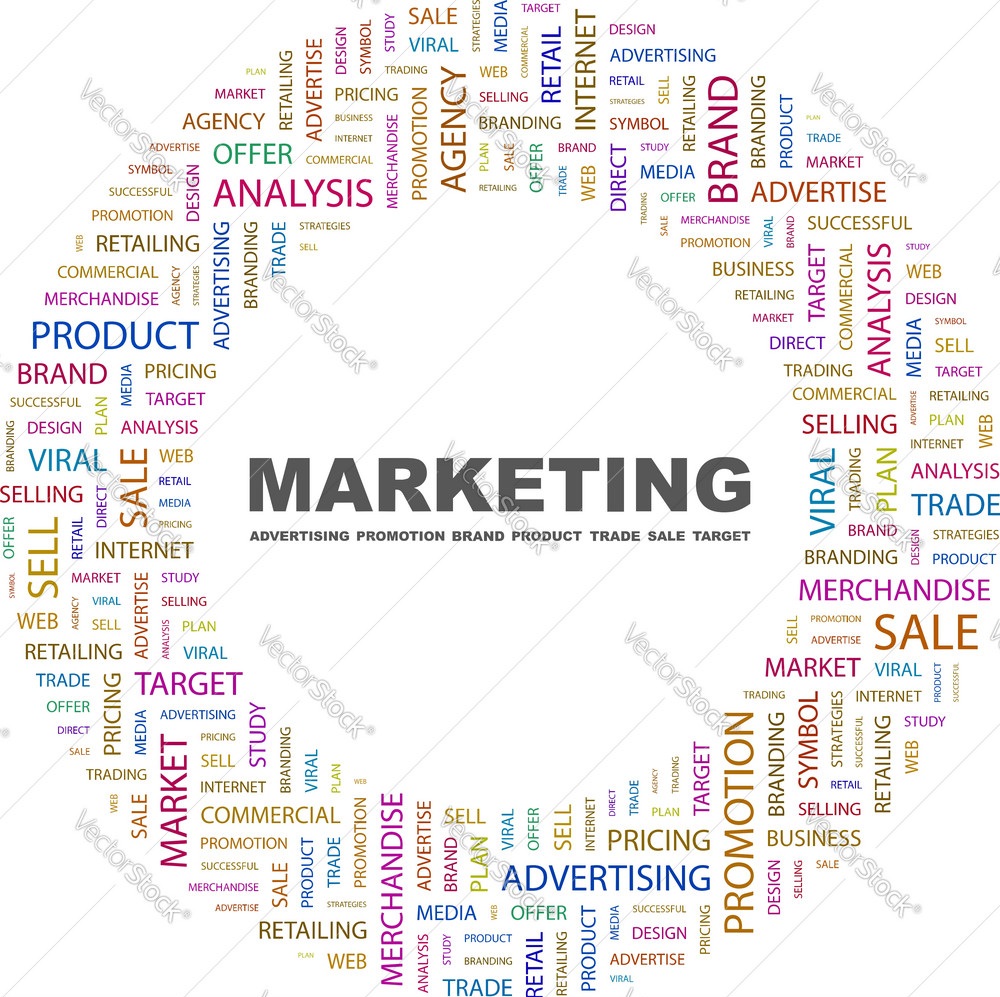
Online marketing in practice refers to the utilization of digital tools and the internet to promote products and services to consumers (Kumar et al., 2020). This encompasses a variety of strategies and channels, including websites, search advertisements, online banners, and social media platforms (Yim, 2020). The aim is to leverage technology to attract and engage customers, often through personalized and targeted campaigns (Kumar et al., 2020).
Interestingly, despite the rise of new platforms, traditional online marketing tools such as email marketing remain prevalent (Da Silva Oliveira & De Queiroz, 2013). Moreover, the application of digital marketing is not uniform; it varies with the characteristics of businesses and their target consumers (Agustini et al., 2021). The field also faces challenges, such as measuring the financial impact of marketing campaigns and ensuring user privacy (Brar, 2021; Oliveira & Queiroz, 2013).
In summary, online marketing in practice is a dynamic and multifaceted discipline that integrates various digital channels and strategies to reach and influence consumers. It is characterized by its adaptability to different business needs and its ongoing evolution alongside technological advancements. The practice of online marketing is also shaped by the need to balance effectiveness with ethical considerations such as consumer privacy (Agustini et al., 2021; Oliveira & Queiroz, 2013).
